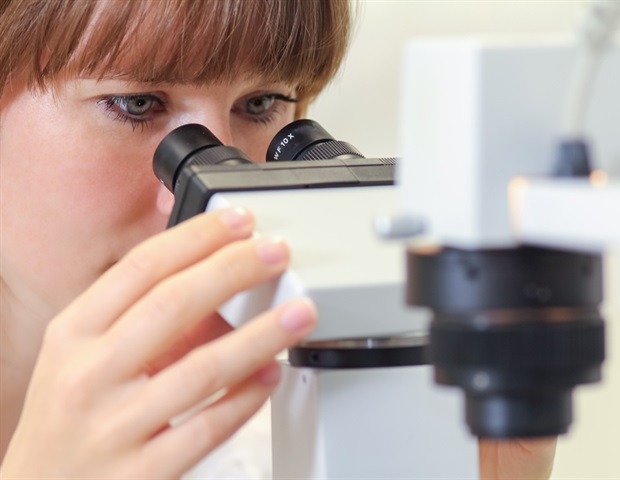Children’s Hospital Colorado (Children’s Colorado) Center for Cancer and Blood Disorders (CCBD) announced today that a study about the manipulation of bone marrow stem cells into innate lymphoid and natural killer cells will be published in Science Immunology, a well-respected, high-impact medical journal.
It is well established that bone marrow stem cells give rise to all types of blood cells. However, the conditions that drive this process are not understood. The Children’s Colorado research conducted on the Anschutz Medical Campus characterizes how the cancer-fighting Natural Killer (NK) cells develop.
The work also shows how another blood cell type, called “innate lymphoid cells” develops. This latter cell type is involved in many aspects of human health and disease.
By understanding these factors, researchers will be able to manipulate the stem cells and tailor therapies for children and adults who are receiving cancer treatments in the years to come. Based on the results of the Children’s Colorado CCBD study, the team applied for intellectual property protection around the methods used in the research, and the paper was accepted by Science Immunology.
We are very encouraged by the results of this study and believe the results will help us better treat children and adults in the future. This significant research and subsequent publication in Science Immunology distinguishes Children’s Colorado as a leader in the medical community and sets us up for meaningful advances in cancer treatment and therapies in the future.”
Mike Verneris, MD, Professor, Pediatrics-Hematology/Oncology and Bone Marrow Transplantation, Children’s Hospital Colorado
As the holder of the Barton Family Endowed Chair in Bone Marrow Transplant, Dr. Verneris has relied on philanthropic support to advance his groundbreaking research. In addition to federal research funding, the investment of generous donors played a critical role in this breakthrough.
Tufa, D. M., et al. (2020) Human innate lymphoid cell precursors express CD48 that modulates ILC differentiation through 2B4 signaling. Science Immunology. doi.org/10.1126/sciimmunol.aay4218.
